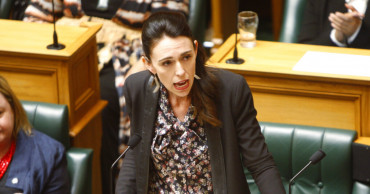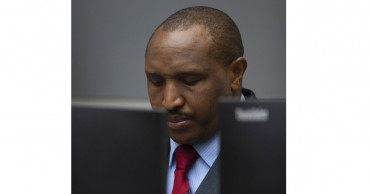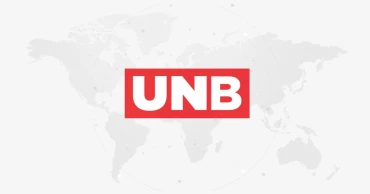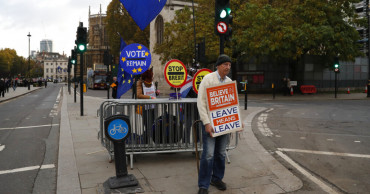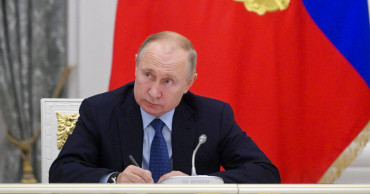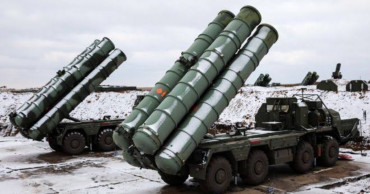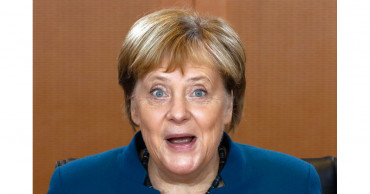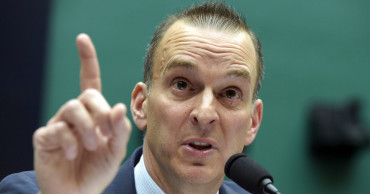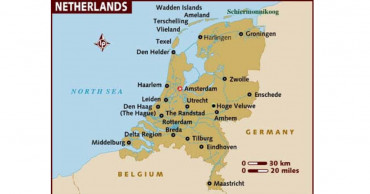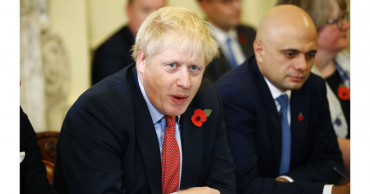europe
New Zealand passes law aimed at combating climate change
New Zealand lawmakers on Thursday joined forces across the aisle to pass a bill aimed at combating climate change.
International court sentences Congo warlord to 30 years
The International Criminal Court sentenced a Congolese warlord known as "The Terminator" to 30 years imprisonment Thursday after he was convicted of crimes including murder, rape and sexual slavery.
Italy presses steelmaker to agree deal on plant, save jobs
Italy has given steelmaker ArcelorMittal a few days to agree to a plan to keep operating a southern Italian plant.
Bank of England set to hold rates ahead of UK election
The Bank of England is set to keep its main interest rate on hold at 0.75% as it awaits more clarity over Britain's departure from the European Union.
Putin: New weapons will offer Russia reliable protection
Russian President Vladimir Putin says Russia's new weapons have no foreign equivalents but he insists the country will not use them to threaten anyone.
Serbia set to buy Russian missiles despite US sanctions hint
Russia will deliver an anti-aircraft missile system to Serbia even though the U.S. has warned of possible sanctions against the Balkan country in case of such purchases.
Troubled German gov't gives itself positive half-term report
German Chancellor Angela Merkel's government awarded itself a good performance report Wednesday, halfway through its term, but it was unclear whether that will be enough to hold the fractious coalition together for another two years.
Russia, US go toe-to-toe at anti-doping meeting
The fight was about doping.
Teachers strike shuts down thousands of Dutch schools
A daylong strike by Dutch teachers has shut down thousands of schools across the country, the latest mass protest in what is becoming an autumn of discontent in the Netherlands.
UK leader compares rival to Stalin at start of election
British Prime Minister Boris Johnson has compared his main rival to Soviet dictator Joseph Stalin as he prepares to officially launch the governing Conservative Party's campaign for the Dec. 12 election.
